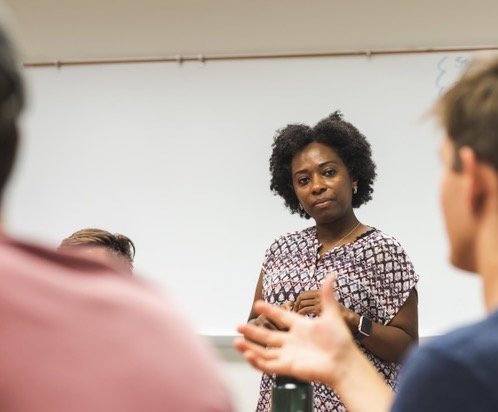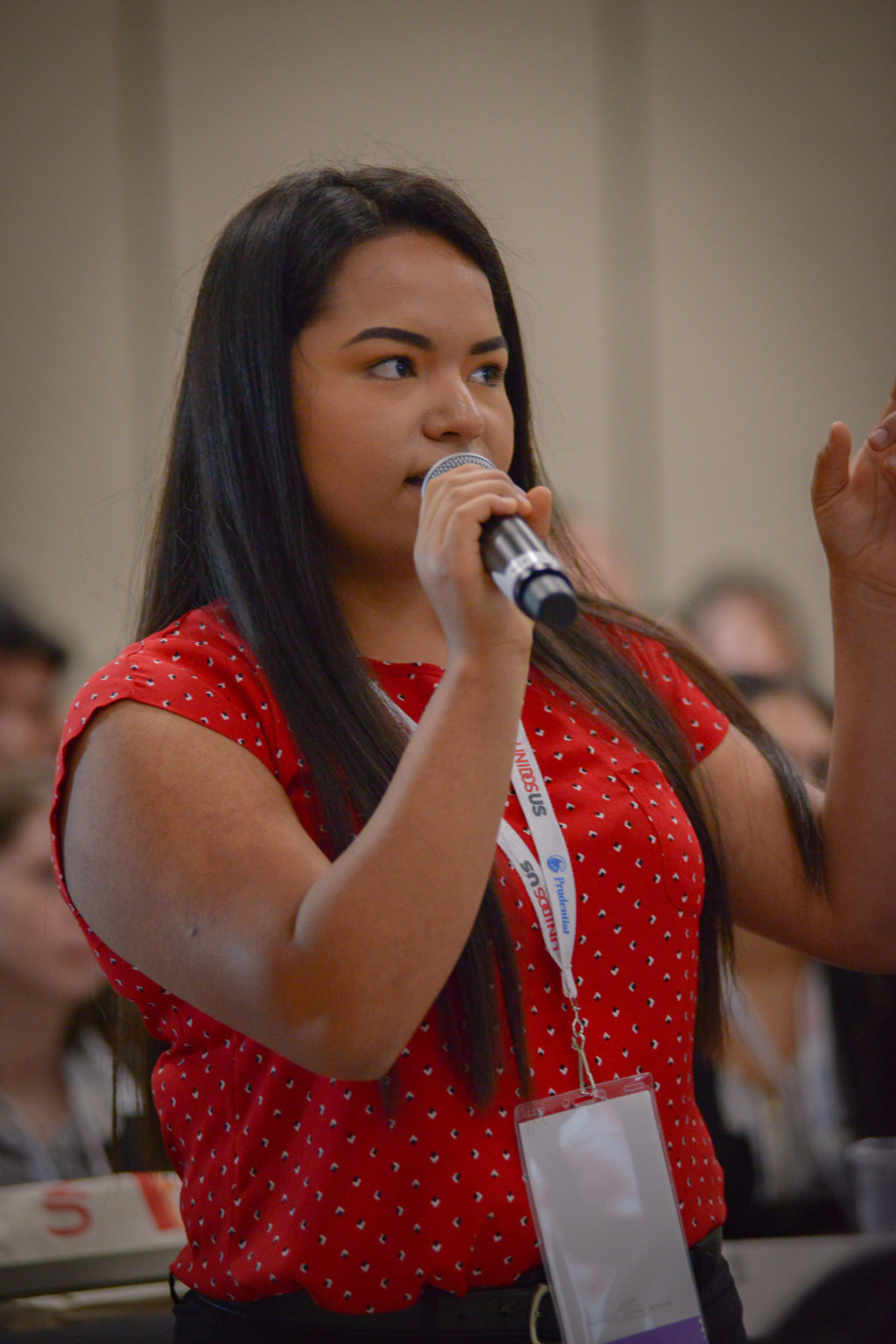Afro-Latinx Líderes Fellow Nodia C. Mena Teaches North Carolinians About the Diversity of Their Rapidly Growing Latinx Population
For this year’s Black History Month coverage, ProgressReport.co is kicking off a profile series about the participants of UnidosUS’s first-ever Afro-Latinx Líderes Avanzando Fellowship. The program is geared to first-generation students pursuing their undergraduate, graduate, or doctoral degrees and recent college graduates who identify as Afro-Latinx and are passionate about racial equity and making meaningful change in their campus community, workplace, and beyond. Publication of the Afro-Latinx Líderes profiles will continue throughout the spring.
When it comes to language, literature, culture, and the linguistics of racial and gender equity, University of North Carolina Greensboro PhD student Nodia C. Mena knows a whole lot. In fact, it’s fair to say her life as an Afro-Latina and Honduran immigrant of Garifuna descent has already earned her an honorary doctorate.

Born and raised in the city of Trujillo on Honduras’s Caribbean coast, she grew up knowing that her Garifuna heritage was a product of colonization and slavery rooted in a mix of ancient African and Native Carib cultures. She also knew that in these so-called modern times, her success depended largely on learning to navigate the post-colonial world, so in 1991, when she was just 19, she emigrated to the United States.
Keep up with the latest from UnidosUS
Sign up for the weekly UnidosUS Action Network newsletter delivered every Thursday.
“Unfortunately, there was no network. There was nothing in place to support that ambition that I had, so I went through a lot. I had to work as a home attendant for the elderly while attending community college, but without the right support, it was really difficult for me to find my way,” she says.
Through many challenges, she managed to get there. After obtaining her associate degree, she gave birth to three children, then, while raising them, she majored in psychology at Mercy College. In 2007, she relocated her family to Greensboro, where she quickly found an educational system that wasn’t prepared for children like hers.
“I trusted that in school, my children would see the support that they needed. However, because they are Afro-Latino, and their last name is a Latino last name, they were constantly being put in the lower track in school,” she says. “Every semester I had to go to school and tell administrators they don’t need to be put in ESL classes because they already speak English. They’re grown now, but they share how traumatic it was for them to be put in classes where teachers would treat them as though they were abnormal.”
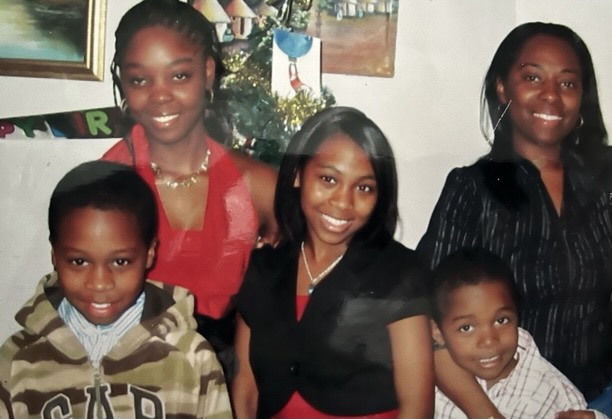
Experiences like these propelled Mena forward to a master’s at UNC Greensboro in the study of languages, literatures, and cultures, what some academics refer to as philology. They also inspired her to enroll in her current doctoral studies, and to join UnidosUS’s first-ever Afro–Latinx Líderes Fellowship. She wants to use the fellowship to network with other like-minded Afro-Latinx professionals looking to make a difference in their communities, and to see how her research in education leadership and cultural foundations can contribute to more equitable policies, especially when it comes to education. Plus, it enhances her role as a professor of that subject in the UNC Greensboro School of Education, and as a racial equity associate collaborating with the UNC chancellor’s fellow for Campus Climate.
Mena and her family’s 2007 relocation from New York City to North Carolina coincided with the state seeing a mass influx of Latinos, but few North Carolinians had exposure to Latinos and their culture, much less Latinos of Afro–descent.
“At one point, my son’s social studies teacher asked me in what part of Mexico is Honduras,” Mena recalls. “I never found myself even trying to educate anyone in my children’s school about our culture, because there wasn’t an opportunity.”
She’s on an excellent path for improving that outlook. In addition to her other roles at the university, the City of Greensboro recently invited Mena to sit on its international advisory committee to grow the community’s understanding of diversity, equity, and inclusion. This spring, she will give a presentation on who makes up North Carolina’s Latino population.
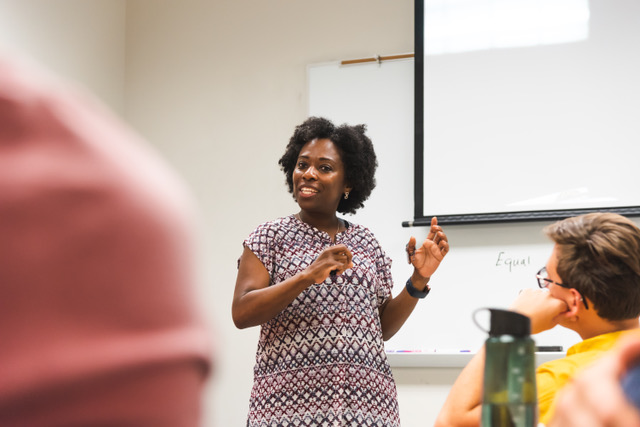
“My focus is about bringing statistics and information about how many of our Latinos are here, where we are from, what different cultures and experiences we make up, and how those experiences are also different from other communities,” she says.
The project also feeds into her own coursework, which, like the Afro-Latinx Líderes Fellowship, makes her own experiences part of her larger research on community, gender, and ethnic and racial identity.
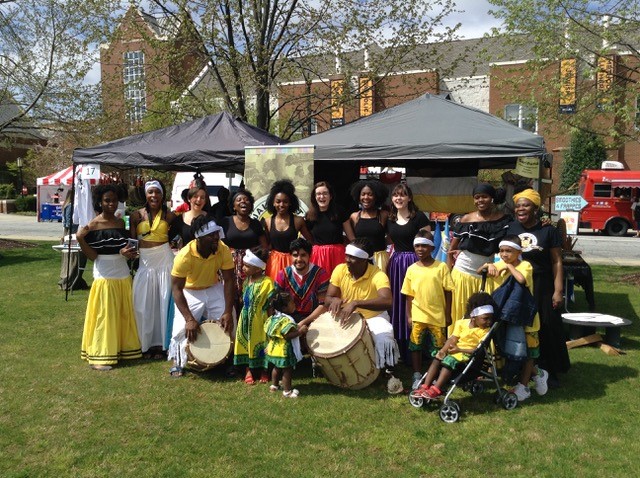
“I’m digging deeper into my experiences, how they have shaped who I am, and connect me with other people,” she says, adding that the various speakers who give presentations and workshops for the Afro-Latinx Líderes Fellowship are key in helping her do that. But so too are the other participants.
Mena is older than most of the students, and she finds the intergenerational dialogue enriching.
“The younger ones have been exposed to more innovative ways of doing things, so I am learning a lot and it’s super humbling,” she says. “But when I talk to them, I also try to share experiences I have lived already because there may be some helpful hints in there as they move further along in life.”
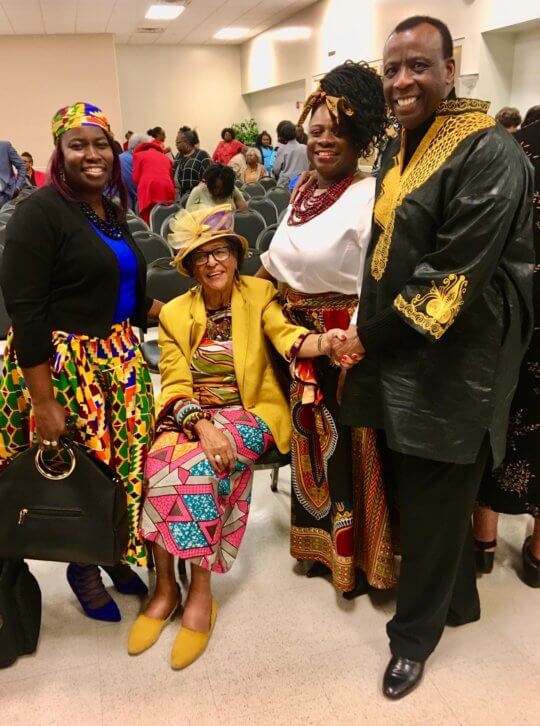
And in the midst of helping others see that people who call themselves Latino or Afro-descendent come with many different experiences and identities, she’s finding joy in discovering the connections between unique cultural groups within the Black Diaspora of the Americas. One example is the Gullah Geechee, a group of Black Americans who historically settled along the Sea Islands of South Carolina, Georgia, and Florida. Like the Garifuna in Central America, the Gullah have their own unique creole language, as well as spiritual and cultural customs. And in fact, because all of these groups trace their heritage back to the same regions of West and Central Africa, they may find many commonalities in food, words, belief systems, and their relationship to the land.
“What’s similar is the fact that both groups were able to maintain the foundation of our culture. Our ancestral knowledge has continued to be transmitted from one generation to the next,” Mena says, her voice lifting in excitement as she thinks of all the connections.
Listening to her stories and her ideas, it’s clear Mena is an educator who will ensure that future generations of North Carolinians learn to better appreciate each other’s diverse underpinnings and share knowledge that uplifts them all.
-Author Julienne Gage is an UnidosUS Senior Web Content Manager and the editor of ProgressReport.co.

